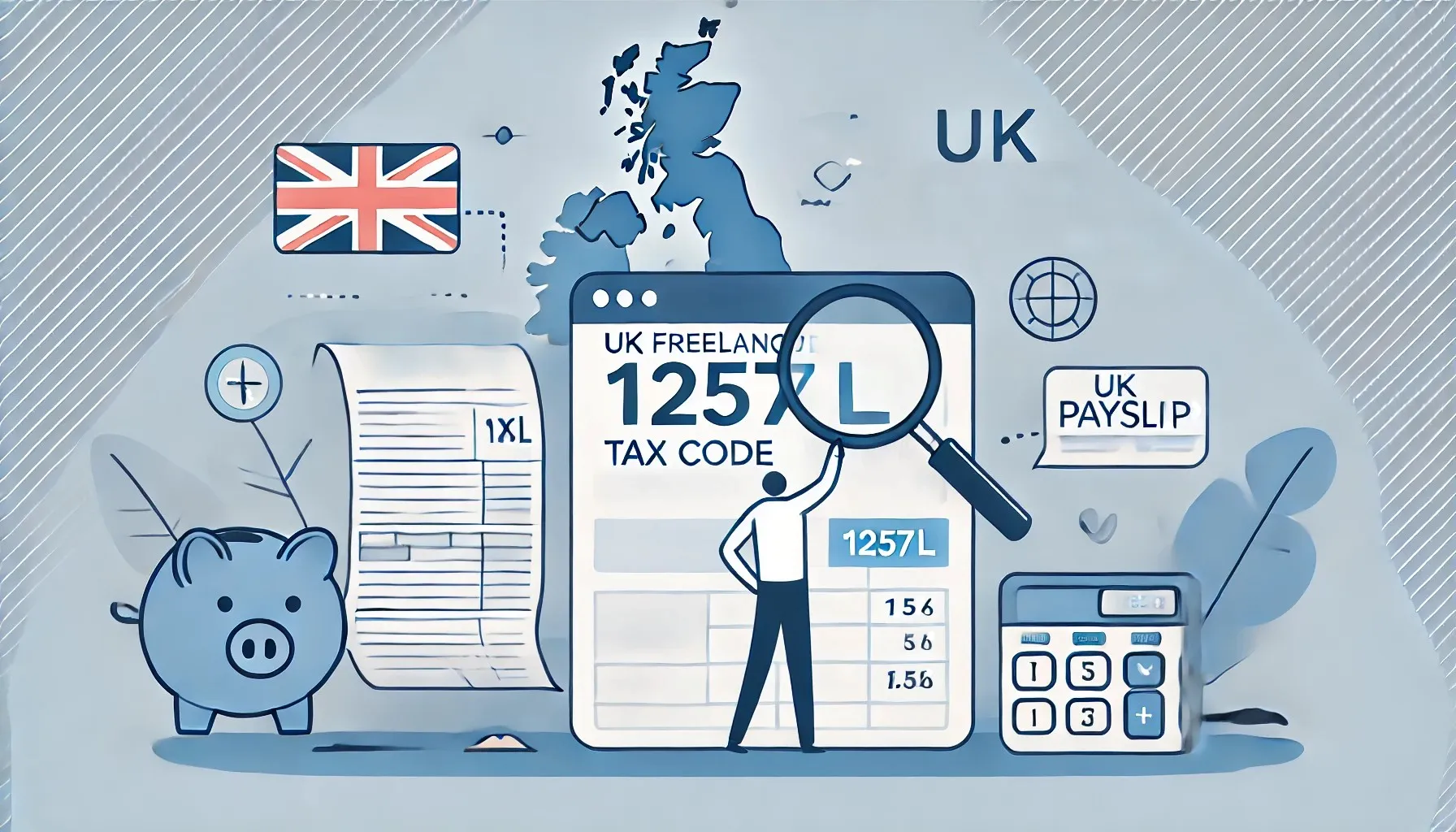Setting Up Your Company
- 16 September 2024

When is the Right Time to Establish a Limited Company?
Setting up your limited company is a big step that depends on your growth plans, risk profile, and how your business operates. When turnover increases, contracts grow, or you start hiring, forming a company can give structure and protection. It’s often the right move for the trades, builders, electricians, plumbers, roofers, carpenters, decorators, landscapers, and cleaners, where equipment, vehicles, and larger projects raise financial and legal risk.
It also suits personal service businesses such as barbers, hairdressers, beauticians, tattooists, and groomers once they begin employing staff or renting out space. In hospitality, cafés and restaurants often incorporate when stock, staffing, and supplier terms expand. Retailers and e-commerce sellers tend to switch when inventory, fulfilment, and payment systems become more complex. Landlords often benefit from a limited structure as their property portfolio grows, while trainers and mechanics make the change when they formalise premises or take on employees.
If you prefer to stay flexible or part-time, remaining a sole trader can still be the right approach. Review your margins, cash flow, and admin workload before deciding when to make the move.

Can You Set Up a Limited Company by Yourself?
The short answer: yes. Many owners complete online incorporation themselves and act as both director and shareholder. Having your details ready makes the process straightforward.
How to Set Up a Limited Company
1. Choose the Type of Company
Most small businesses pick a private limited company (Ltd). It fits local trades and services, salons and studios, hospitality, retailers, online sellers, and property businesses. A public limited company (PLC) is for larger organisations raising public investment.
2. Pick a Unique Company Name
- Unique on the Companies House register
- No restricted or sensitive terms
- Aligned to the brand: a clear salon name for barbers and hairdressers, a professional theme for trades, a product-led name for retailers and ecommerce
3. Appoint at Least One Director
- At least one director, aged 16 or over
- Not disqualified from acting as a director
Typical examples include a sole trader electrician becoming a director, a café owner formalising operations, or a landlord forming a company to manage a growing portfolio.
4. Decide on Shareholders
You can hold all the shares or split them. Think about voting rights, percentages, and any investor plans. For example, a builder partnering with a roofer, a retailer bringing in a buyer, or an e-commerce brand adding a co-founder for growth.
5. Understand Record-Keeping Requirements
A company keeps accurate records for filing and taxes. Core items include:
- Annual accounts
- Statutory registers such as shareholders and PSCs
- Corporation Tax records
- Confirmation statements
This supports day-to-day control in salons and studios, workshops and garages, hospitality sites, and shops and warehouses.
Private vs Public Limited Company: What’s the Difference?
Private Limited Company (Ltd)
- Owned by a small group of shareholders
- Shares are not offered to the public
- Lower disclosure than a PLC
- Suited to growing trades, salons, hospitality, retailers, ecommerce, mechanics, trainers, and landlords
Public Limited Company (PLC)
- Can offer shares to the public
- Higher reporting standards
- Used by larger, investment-focused organisations
Costs of Setting Up a Limited Company
Typical costs include:
- Companies House incorporation (£12 online)
- Optional registered office service
- Accountant fees for ongoing support (often £50–£100 per month)
- VAT administration costs are once above the threshold
- Cloud software such as QuickBooks
Owners in busy environments benefit from support: trades on site, salons during peak hours, cafés and restaurants during service, retailers with stock flow, and e-commerce with multiple channels.
How Long Does It Take to Register a Company?
- Online applications: often approved within 24 hours
- Paper applications: can take up to 10 working days
Have the name, SIC code, director and shareholder details, and addresses ready. That holds true for a mechanic setting up a workshop, a tattooist opening a studio, or a landlord formalising a property venture.
Thinking of Switching from Sole Trader to Limited Company?
Consider a switch when profits rise, personal risk grows, or hiring begins. Examples:
- Trades: builders, electricians, plumbers, roofers, carpenters, decorators, landscapers, cleaners, moving to larger projects
- Salons and studios: barbers, hairdressers, beauticians, tattooists, groomers, adding chairs, rooms, or staff
- Hospitality: cafés and restaurants scaling stock, suppliers, and staffing
- Retail and online: retailers and e-commerce expanding stock, platforms, and logistics
- Property and services: landlords growing portfolios, trainers formalising programmes
Key Benefits of Incorporating
- Pay Corporation Tax on company profits rather than higher personal rates
- Use a mix of salary and dividends, subject to advice
- Raise finance through share capital if needed
- Limit personal exposure to business liabilities
Planning the Transition
Speak to an accountant first. Map tasks and dates, then act in order:
- Register the company
- Tell HMRC that sole trader status has ended
- Move assets and contracts in an organised way. Examples: salon chairs and bookings for barbers and hairdressers, tools and vans for trades, cookline and suppliers for cafés and restaurants, stock and payment systems for retailers and ecommerce, leases and deposits for landlords, equipment and client plans for trainers and mechanics
Need Help Registering Your Limited Company?
At SBX Accountants, we help small businesses and entrepreneurs set up and run limited companies correctly. We support trades, salons and studios, hospitality, retail, online sellers, mechanics, trainers, and landlords across the UK.
✅ Company registration with Companies House
✅ Corporation Tax setup
✅ QuickBooks included with selected packages
✅ Fixed-fee monthly accounting packages
✅ Ongoing support from your dedicated accountant
Book your free consultation and talk to us about your plans.





